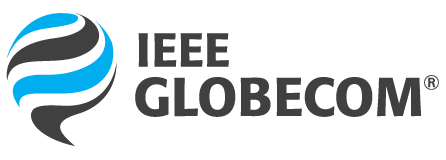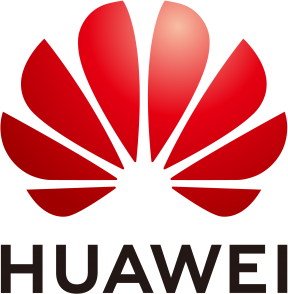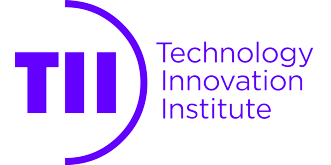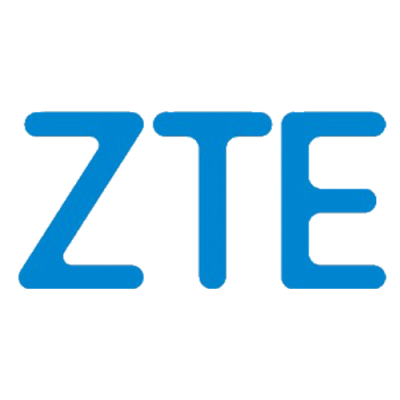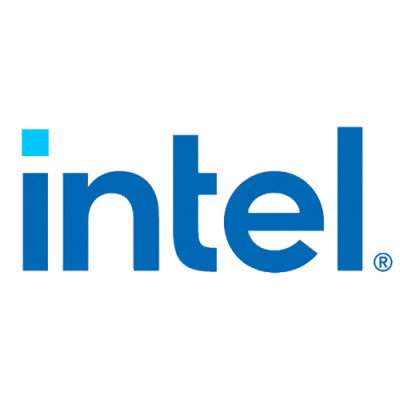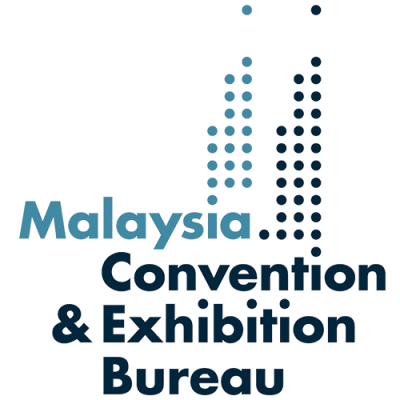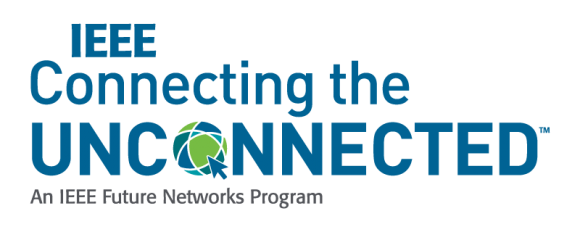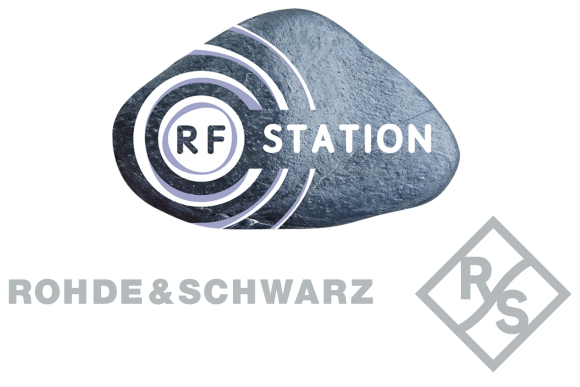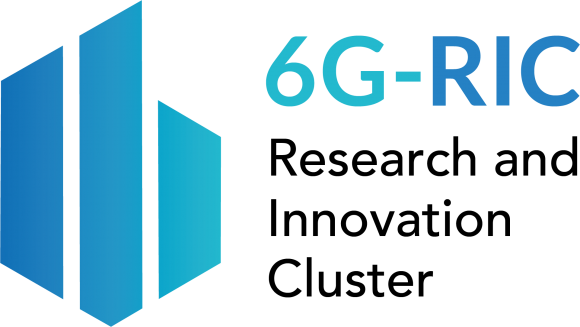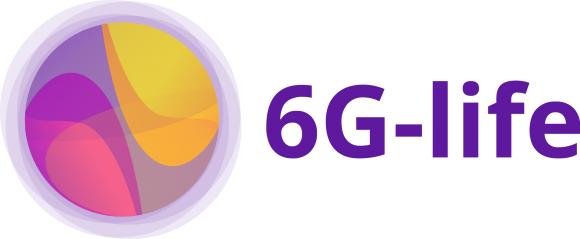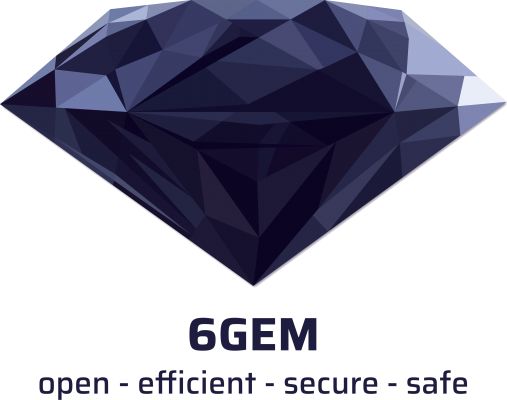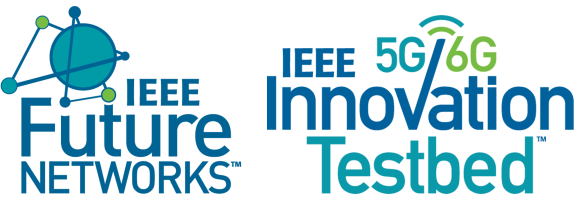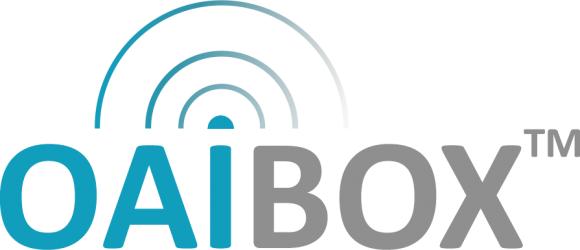Workshop Co-Chairs
- Yuanwei Liu, Queen Mary University of London, UK
- Yan Chen, Huawei Technologies, Canada
- Xidong Mu, Queen Mary University of London, UK
- Naofal Al-Dhahir, University of Texas at Dallas, USA
Scope of the workshop
Multiple access has long been the “pearls in the crown” for each generation of mobile communication networks. In the past generations, grant-based orthogonal multiple access schemes such as TDMA, FDMA, CDMA, and OFDMA, have been the major schemes, where each user is allocated with orthogonal time/frequency/code resources. Now, we already stand at 5G “Square” and heading towards 6G. In addition to the explosive data demand in 6G, emerging bandwidth thirsty applications (e.g., virtual reality (VR), augmented reality (AR)), massive connectivity (e.g., Internet-of-Things (IoT) networks connecting billions of machine-type devices), ubiquitous wireless coverage (e.g., space-air-ground-integrated-networks (SAGINs)), multi-functional wireless networks (e.g., the integrations of communication, sensing, and computation), and bit-beyond transmissions (e.g., semantics/tasks/goals-oriented communications) create new challenges for multiple access. Given the limited radio resources and the stringent rate/latency/connectivity requirements, it necessitates the paradigm shift in multiple access design from grant-based OMA to non-orthogonal/massive/random/grant-free multiple access and other possible multiple access for 6G, namely Next Generation Multiple Access (NGMA). Moreover, the development of NGMA has also to be jointly considered with new enabling technologies, new spectrums, advanced artificial intelligence (AI) tools/native intelligence, etc. Fundamental limits and performance analysis of NGMA. This workshop aims to attract novel and solid contributions on the emerging topic of NGMA for future wireless communications. Contributions are solicited in, but not necessarily limited to, the following topics.
- Advanced channel coding and modulation for NGMA
- Massive non-orthogonal multiple access schemes
- Sourced/unsourced random access schemes
- Synchronous and asynchronous multiple access schemes
- Grant free and semi-grant free multiple access schemes
- NGMA for ultra-reliable low-latency communication (URLLC)
- Machine learning (ML)/AI aided NGMA
- MIMO/Massive MIMO assisted NGMA
- Interplay between reconfigurable intelligent surfaces (RIS) and NGMA
- Simultaneously Transmitting And Reflecting (STAR) RIS aided NGMA
- NGMA enabled mobile edge computing
- NGMA enabled semantics/task/goal-oriented communications
- Security provisioning for NGMA
- Massive non-orthogonal multiple aerial access
- Grant free and semi-grant free multiple access
- NGMA for spectrum slicing and coexistence of services with heterogeneous requirements
- NGMA for emerging technologies, e.g., THz, CoMP, OTFS, VLC, integrated sensing and communications (ISAC), near-field communication
- Hardware implementation challenges of NGMA
- Implementation of NGMA in 6G applications, e.g., SAGINs, VR, AR, Metaverse
Submission link
